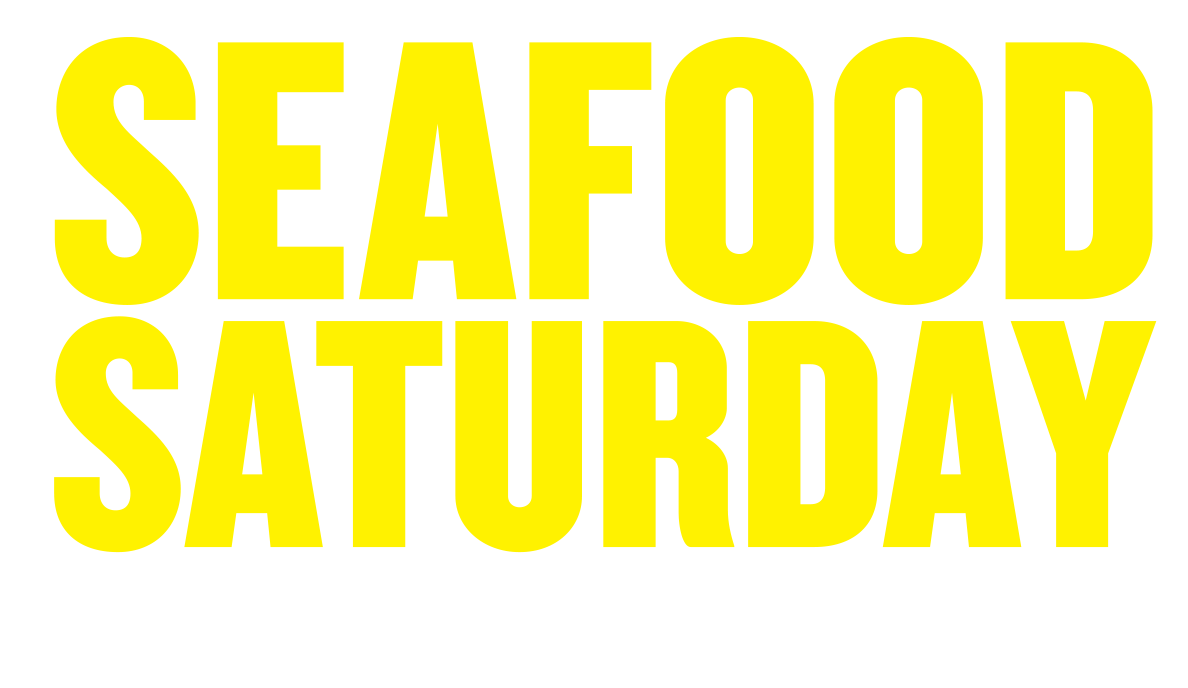The Seifried family is committed to crafting wine made for sharing
From the beautiful Waimea Plains come the inspired and innovative wines of the South Island’s oldest family winery, Seifried Estate. Harvested from estate-grown, sustainably accredited vineyards scattered throughout the Nelson region, this is a winery with a focus and passion for beautifully crafted wines.
Austrian-born Hermann Seifried came to New Zealand on a Working Holiday Visa in 1971. He wanted to swim in the Tasman sea, taste New Zealand beer and understand the game of rugby. However, shortly after arriving, he met Agnes, who was born and raised on a sheep farm in Southland but was calling Nelson her home. The two married, and from humble beginnings in the Moutere Valley near Nelson, they planted their first vines in 1973.
Today, the Seifried Estate name has become synonymous with sustainability, quality, innovation and family values. The family business has grown and Seifried Estate now farms over 350 hectares of vines across the Waimea Plains, sells wine in 25 countries and is a familiar and favoured brand in New Zealand.
A leading producer of Nelson Sauvignon Blanc, Seifried has also gained a reputation for interesting and unusual varieties, including Grüner Veltliner, Würzer and Zweigelt – paying homage to Hermann’s Austrian heritage.
In 2019, the Seifried Nelson Sauvignon Blanc 2019 was awarded Champion Sauvignon Blanc, as well as Champion Open White Wine at the New Zealand Wine of the Year competition, solidifying the company’s reputation as a high-quality Sauvignon Blanc producer. A family winery, focused on sharing their wines with the world, Seifried Estate is also home to the fabulous Sweet Agnes Riesling – New Zealand's most-awarded dessert wine.
This passion for creating excellent wine has been passed on to all three of the Seifried children, now home and working in the company. Each brings experience and knowledge gained in various roles around the world. The grandchildren have also become regulars at the winery, eager to help and get their hands (and feet!) dirty and follow in ‘Opa and Nana’s’ footsteps.

